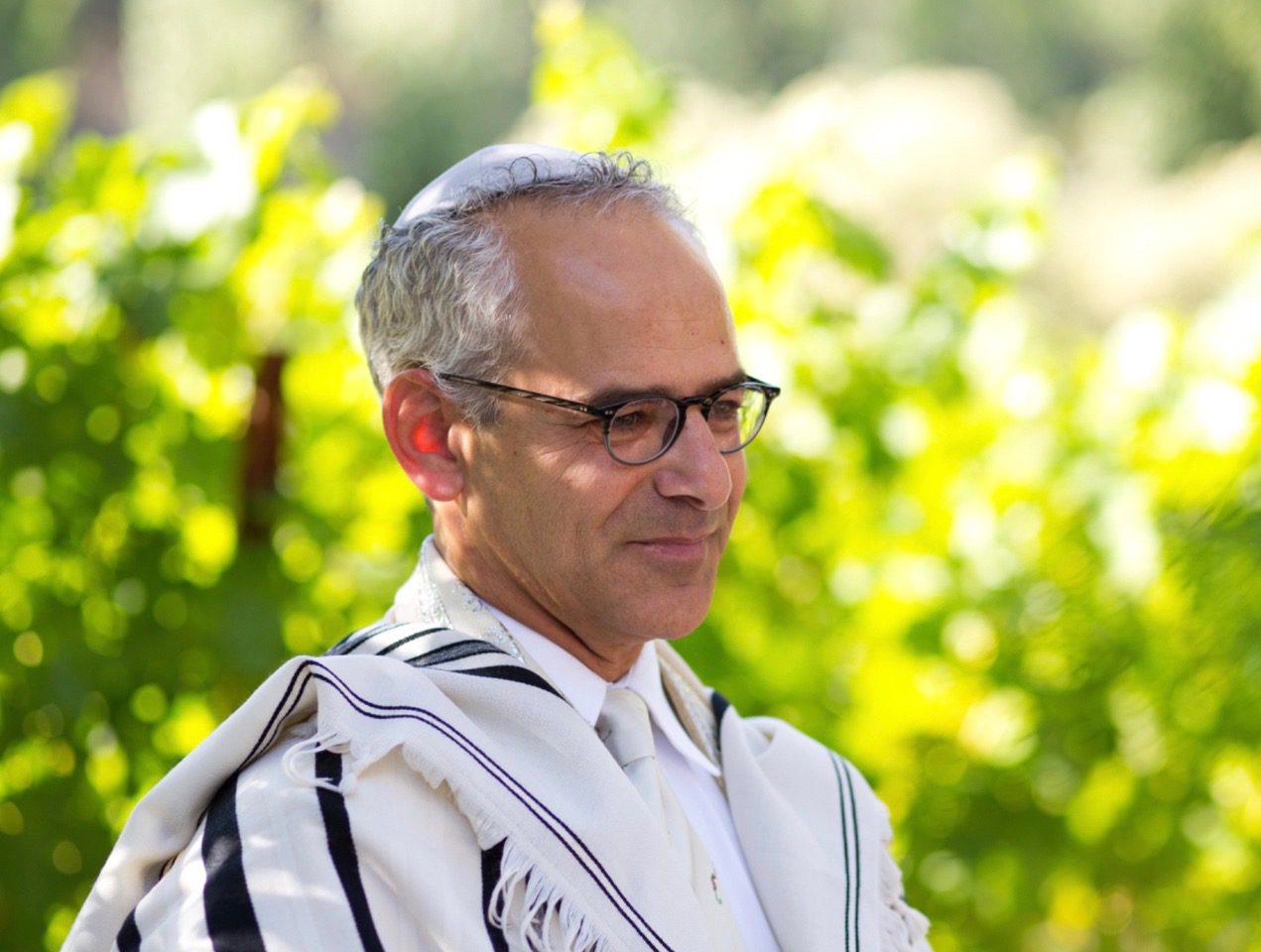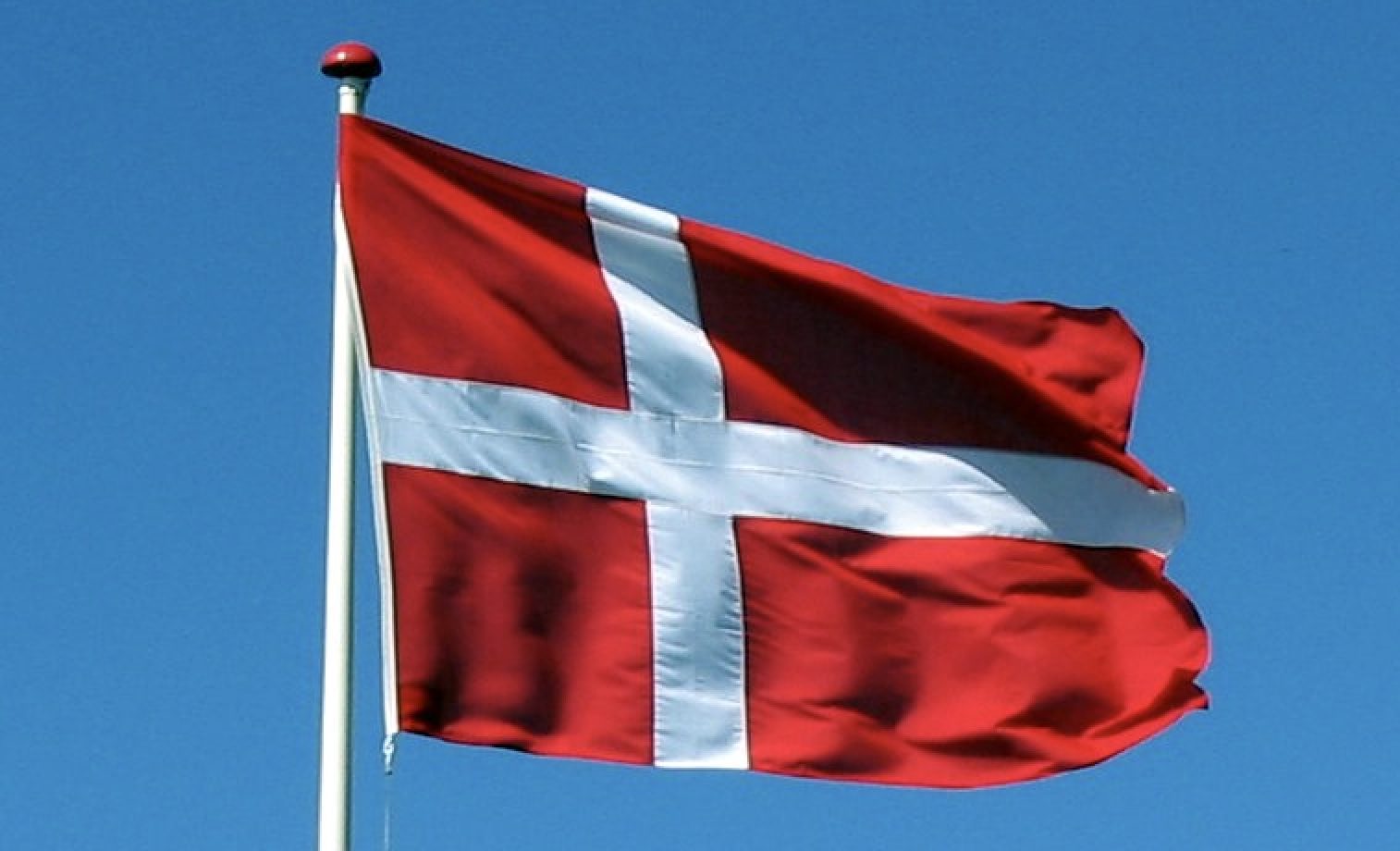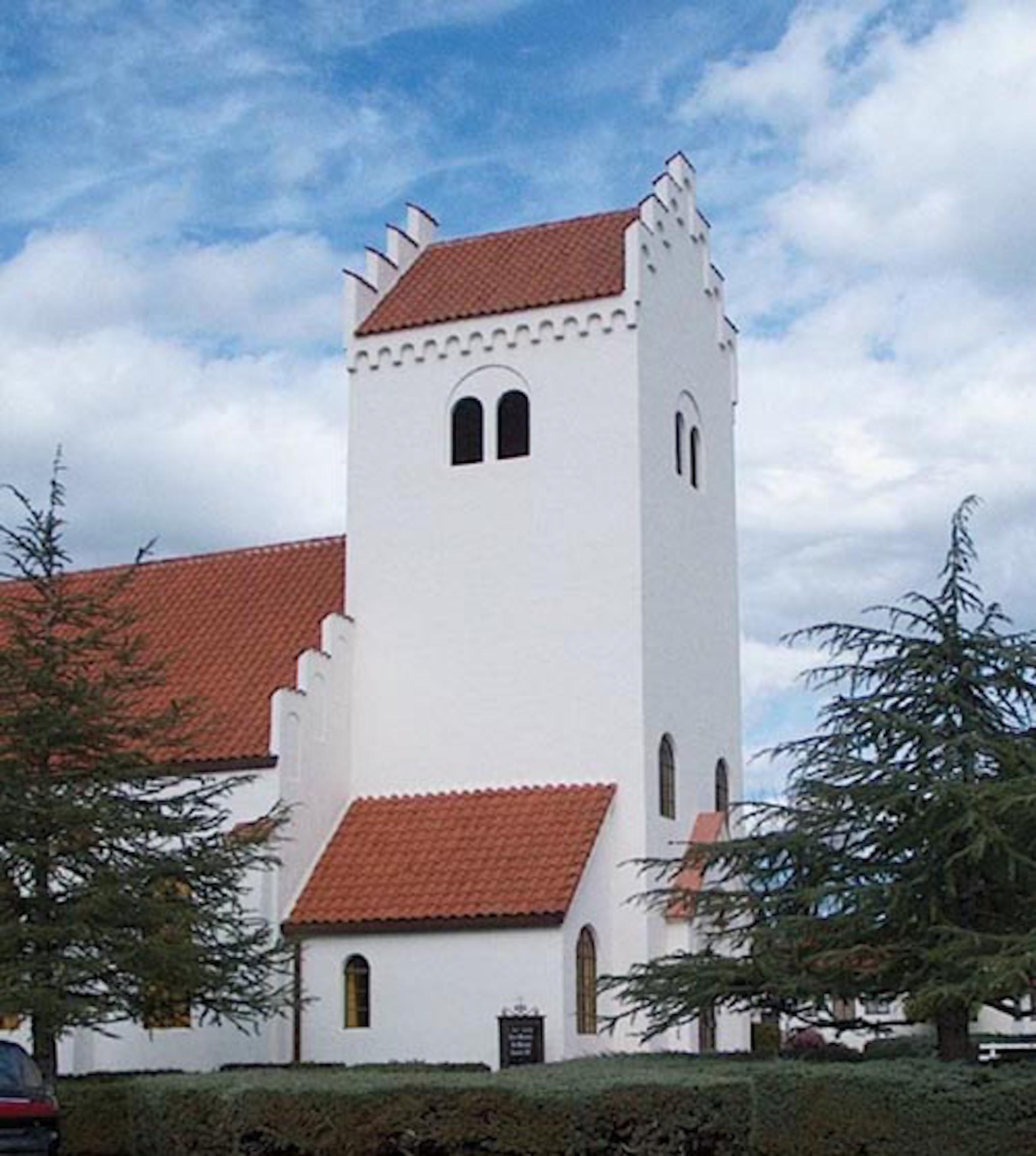Contributed
In the Jewish calendar, holidays include Passover in the spring, Hanukkah in the winter, and feast days during the rest of the year, but the High Holy Days in a 10-day span in the fall are the most important holidays of the year.
The Santa Ynez Valley Jewish Community will soon be marking these days with celebration, fasting — and then feasting — and reflecting on the past year, while anticipating the new year of 5780.
The community will welcome the new year with traditional food, songs and prayers. The High Holy Days begin at sundown with the holiday of Rosh Hashanah, the New Year. A potluck dinner will precede the evening service. Rabbi Oren Postrel, the community’s new leader, will lead worship, accompanied by Cantorial Soloist Felicia Palmer from Temple B’nai B’rith in Santa Barbara.
The next day Rosh Hashanah continues, and services include sounding the Shofar, a large ram’s horn that produces a stirring sound. Community member Rick Brown, an expert at Shofar sounding, amazes the congregants each year by both the beautiful sounds and how long he is able to hold the notes on this ancient instrument. The entire congregation wishes each other L’Shana Tovah—or Happy New Year. If you know someone who is Jewish, wish them L’Shana Tovah—a hopeful and happy greeting.
Following the Rosh Hashanah service, a brief service called Tashlichis held by a body of water. Bread will be cast upon the water to symbolize the casting off of one’s sins for the previous year.
Ten days after Rosh Hashanah the Day of Atonement, Yom Kippur, will conclude the High Holy Days. Sometimes referred to as the Days of Awe, the time between the two holidays is one of contemplation. Congregants are asked to consider their acts of the previous year. What did they do to be proud of? What could they have done better? Did they hurt anyone by their actions, even if this was done without intent?
The evening of Yom Kippur is the holiest night of the Jewish calendar, called Kol Nidrei. This ancient prayer, written in Aramaic, is sung and is the community’s request to God to be forgiven for all our missteps.
Yom Kippur is a serious 24 hours when Jews are encouraged to meditate, to refrain from business activities, and to fast. (Children, pregnant women, or those with health concerns are exempted from fasting.)
Yom Kippur concludes as the congregation, still fasting, prays together until sundown. There will be a sermon, songs, poetry and reading of the Torah. Members of the Jewish Community will share stories of their individual journeys within Judaism. The names of loved ones who have passed away will be read and remembered. Closing the day, the Shofar is sounded.
Following services, there will be a Break-the-Fast potluck for all.
For more information about dates, times and locations of this year’s High Holy Day services and events, call 805-693-4243 or email thesyvjc@gmail.com.






